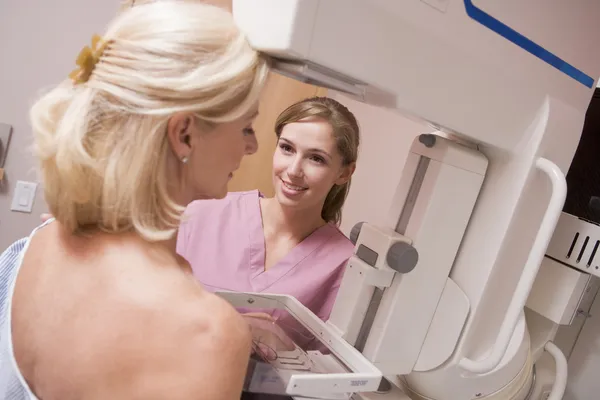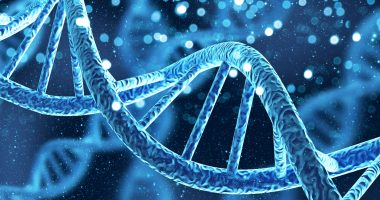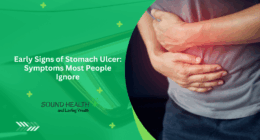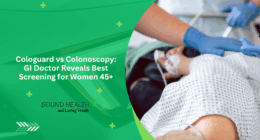For many women, a mammogram is a routine and sometimes stressful part of healthcare—a vital tool for early detection of breast cancer. Yet, few realize these images hold deeper clues about risks beyond breast cancer. Growing evidence now shows that mammograms can reveal calcium buildup in the arteries of the breast, medically called breast arterial calcification (BAC), which may predict a woman’s risk of heart disease. Heart disease remains the number one cause of death among women worldwide, often advancing silently before symptoms appear. Understanding what a mammogram can tell us about heart health equips women with a powerful early warning sign—one that could prompt timely interventions to save lives.
This article unpacks the emerging science behind BAC detected during mammograms, what it means for cardiovascular risk, and essential questions women should ask their doctors during breast cancer screening. It also offers practical advice on steps to protect heart health if BAC is found, blending expert insights with clear, actionable guidance.

What Can a Mammogram Tell Us About Our Heart?
While mammograms are widely known and trusted as the go-to screening tool for breast cancer detection, recent research shows they can tell us more than just breast health information. A mammogram can reveal the presence of calcium buildup inside the arteries of the breast, known medically as breast arterial calcification (BAC). These calcium deposits appear as distinctive white lines on the mammogram image. Though traditionally considered benign for breast cancer screening purposes, BAC is emerging as an important indicator of cardiovascular health, offering a glimpse into the state of a woman’s heart and risk for heart disease.
What the Research Says About Calcium Buildup Inside Breasts
Multiple studies have shown that BAC is associated with an increased risk of cardiovascular disease (CVD) in women. Notably, an 18-year prospective study found that women with BAC had a higher incidence of atherosclerotic heart disease—the narrowing and hardening of arteries—compared to women without BAC, with rates of 23% versus 13.9% respectively. Another large-scale study involving over 5,000 women revealed that those with BAC on their mammograms were 51% more likely to develop heart disease or stroke. These findings persist even after adjusting for traditional risk factors like diabetes, age, or high blood pressure.
This calcium buildup in breast arteries acts as a marker for similar processes occurring in the coronary arteries, which supply oxygen-rich blood to the heart muscle. In fact, about 70% of women exhibiting BAC were also found to have coronary artery calcification. This substantiates the notion that routine mammograms could double as an early warning system for heart disease among women, especially those under 60 who might not yet show symptoms.
How to Know if You Have This Finding
BAC is not usually something women can detect on their own because it requires specialized analysis of the mammogram images. Not all radiologists regularly report BAC findings; however, awareness is growing in the medical community about its significance. If you undergo screening mammography, you can ask your radiologist or healthcare provider whether the presence of arterial calcifications was noted. Seeing the characteristic white, parallel lines along the arteries on the image signals BAC.
The Crucial Question to Ask at Your Next Mammogram
When women receive their mammogram results, beyond asking about any abnormalities related to breast cancer, it is essential to inquire directly: “Does my mammogram show any evidence of breast arterial calcification?” This question can open the door to a conversation about your heart health and may prompt further cardiovascular assessment if BAC is detected. Given that heart disease remains the leading cause of death among women, this simple question has the potential to save lives through early intervention.
What to Do If Your Mammogram Shows BAC
If BAC is present, it is important not to panic but to see it as a valuable red flag that calls for action. Your healthcare provider may recommend:
- A comprehensive cardiovascular risk assessment, including blood pressure, cholesterol levels, glucose levels, and lifestyle factors.
- Referral to a preventive cardiologist who can evaluate your heart health in detail.
- Additional diagnostic tests such as coronary artery calcium scans, which quantify plaque buildup in heart arteries.
- Lifestyle changes and medical treatments to reduce heart disease risk factors, like statins for cholesterol management or antihypertensive medications.
Taking this proactive approach can help prevent heart attacks, strokes, and other cardiovascular events.
Everyday Steps to Protect Your Heart Health
Beyond medical follow-up, daily habits play a crucial role in maintaining a healthy heart, especially if BAC has been detected. These include:
- Maintaining a balanced diet rich in fruits, vegetables, healthy fats, and lean proteins.
- Engaging in regular physical activity, aiming for at least 150 minutes of moderate exercise weekly.
- Avoiding smoking and minimizing alcohol intake.
- Managing stress through mindfulness, meditation, or counseling.
- Keeping regular medical checkups to monitor blood pressure, cholesterol, and blood sugar.
- Maintaining a healthy weight and managing any chronic conditions, like diabetes or hypertension.
Combining awareness from mammogram findings with these lifestyle choices can significantly reduce cardiovascular risk and improve overall well-being.
Also Read | Lower Blood Pressure Naturally Without Meds: Proven Strategies That Work










